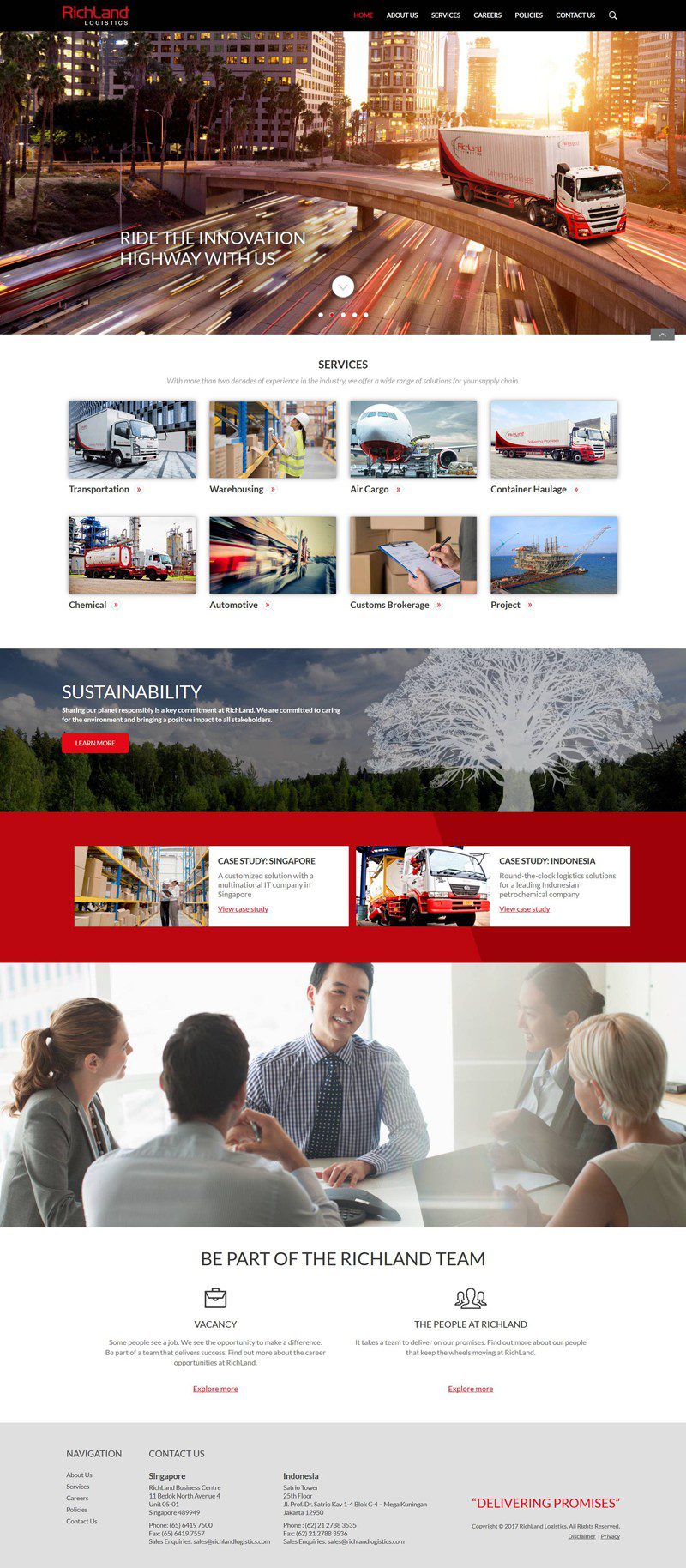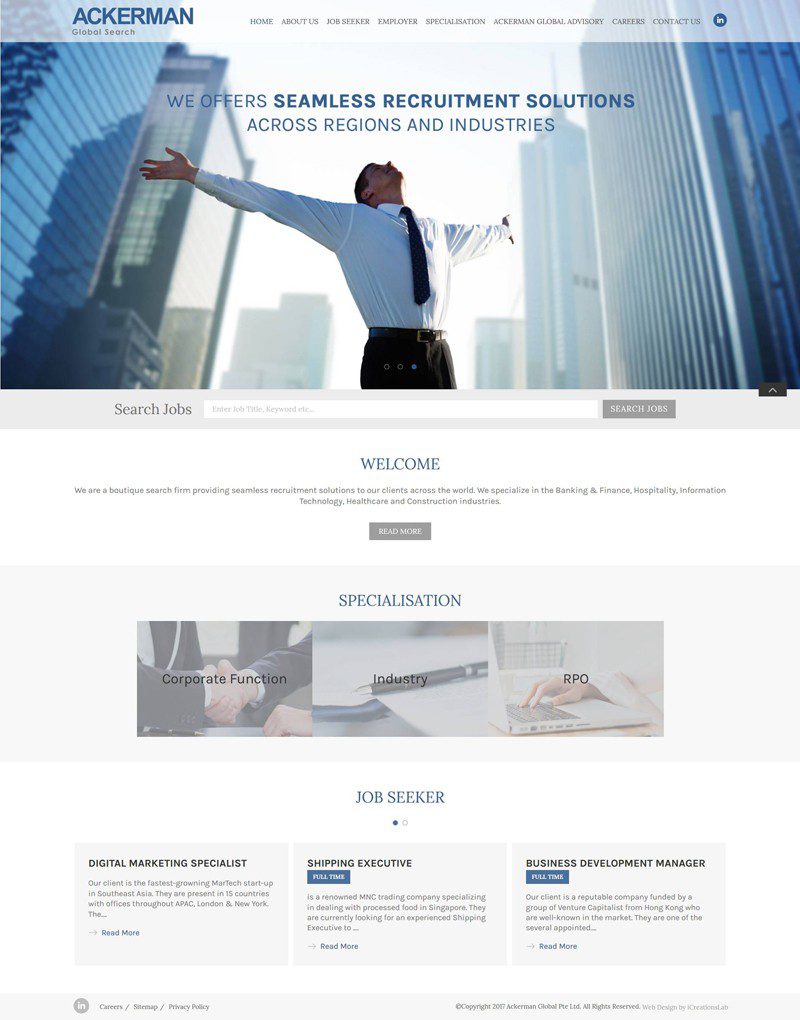Choosing an E-Commerce Platform
If you’re considering an e-commerce platform, you’ll find that there are a number of features to consider. These features include customer management, inventory management, multichannel selling, and adaptability to international businesses.
Multichannel selling
Multichannel selling on e-commerce platforms is a great way to expand your reach and increase your sales. However, it isn’t as simple as it sounds. You’ll need a multichannel marketing strategy and a robust infrastructure to support your multichannel growth. The benefits of selling on multiple sales channels are many. For example, you’ll be able to better understand the demographics of your customers. Additionally, you’ll be able to provide them with more options, increasing their chances of making a purchase. While it can be difficult to keep track of your sales, it’s important to develop a comprehensive inventory management system. This will help you keep your online store running smoothly.
There are a variety of multichannel selling tools available, ranging from price comparison websites to price comparison engines. These websites allow you to compile products from a variety of online ecommerce sites. Another option is to use a service that will automatically send you listing updates on multiple marketplaces. This will save you time and allow you to focus on growing your business.
In addition to being a great way to expand your business, multichannel selling is an effective means to boost your brand awareness. If your product is listed on a popular ecommerce site, your brand may end up in front of millions of potential customers. With so many new ecommerce platforms to choose from, it can be challenging to decide which ones are right for your brand. Many small businesses consider
multichannel selling a worthwhile investment. When deciding which channels to add to your sales mix, you’ll want to determine what your customers want and what is best for your business. Remember, the customer is the key to successful multichannel selling.
Inventory management
The process of managing your e-commerce inventory is very important. It can help your business avoid backorders and lost sales. You can also use the information you collect to make better decisions. Inventory management software can be a great tool to streamline your processes. A centralized system will allow you to track inventory across different e-commerce websites. This will also help you determine whether stock is running low.
Inventory management systems can also provide you with technical support. This can help you spot problems in your pricing and product lifecycle strategies. They can also be used to improve your stock ordering process. E-commerce platforms such as Magento and Shopify include tools for reserving and tracking inventory. These can help you identify the most profitable products. When it comes to deciding which items should be ordered often, you should consider how much demand there is for each of them.
The inventory management process is important to any company. It can prevent items from being stocked out during high demand periods. Also, it can help you to keep customers happy. If a customer has ordered something that is out of stock, you can offer them a replacement. Before you launch an ecommerce store, you should have a clear understanding of the products you want to sell. If you have a strong understanding of your product line, it will be easier to figure out how to maintain a balanced inventory. Once you’ve established a strong inventory, you can start optimizing pricing to ensure that you’re maximizing profits. Price optimization can also clear space for new stocks.
An e-commerce store should never be in the position of having a shortage of products. This could lead to shipping delays or a disappointing customer experience. Make sure that you know when your inventory is running low and plan to replenish it before it runs out.
Customer management
Customer management on e-commerce platforms is a dime a dozen, and while it may seem like a task best left to the pros, there are tools on the market today that make life easier for the customer service savvy. Whether it is a phone, a chat or a web interface, these tools help to simplify the complexities of running an online store, without sacrificing the personal touch. The right software can help you boost sales and improve the customer experience while keeping a close eye on inventory.
One way to do it is to purchase a CRM solution. It can automate data collection at your fingertips, and the latest version of the software can even be linked with your Shopify store. This allows you to have a comprehensive customer database at your fingertips, as well as a central point of contact for your most valuable clients. With this data in hand, you can create targeted emails and personalized content to keep your customers happy and coming back. For a small startup or one with a few employees, this can be a godsend.
In fact, the software’s features can be a boon to your staff, so much so that you may not need a dedicated customer service rep at all. Alternatively, you can choose to hire one, or several, if your budget permits. Regardless of the choice, it pays to have an e-commerce CRM. Having the right solution at your fingertips can save time and money, while ensuring that your customers are satisfied and happy with their purchase.
Cloud-hosted vs self-hosted
The decision to choose between a hosted or a self-hosted ecommerce platform is a big one. It’s vital for businesses to understand the advantages and disadvantages of each type to decide which is best for their online store. While both types of platforms offer a range of benefits, there are a few key differences between the two. For example, hosted solutions provide greater access to support, while self-hosted ecommerce platforms may need additional expertise.
Self-hosted ecommerce requires the store owner to install and manage the software on their own server. This option can be expensive if a store gets too large. Some providers offer free plans, but these generally come with a limited set of features. Depending on your business, it’s best to avoid free plans as the costs of processing payments and other fees can add up quickly. A self-hosted ecommerce solution can offer the flexibility that you’re looking for.
However, you’ll need to invest time and energy into setting up the platform. Also, you’ll need to know how to handle data security and maintain your server. You’ll also have to pay for server upgrades and other maintenance costs. On the other hand, hosted eCommerce solutions take care of all aspects of running an online store. This includes hosting, shopping carts, and comprehensive technical support. They can be a lifesaver if you don’t have a lot of tech knowledge. In addition, they’ll ensure your site is kept up-to-date, and can provide security patches and updates.
As with any other type of service, it’s important to choose the right platform for your business. If you’re unsure about which type is best for your store, you can always consult a third party for expert advice.
Adaptability to international business
An adaptable e-commerce platform is an important consideration in today’s multifaceted business climate. This is especially true in a time when China and Singapore are actively supporting small and medium enterprises (SMEs) in accessing online retail platforms. The right platform can boost the sales of MSMEs overseas while cutting costs. Choosing an appropriate platform is the first step in the digital transformation process.
It’s important to remember that not all retailers are created equal. A single experience e-commerce system will not be suitable for a store that requires constant updating of content, or a commodity retailer that is trying to break out of its silo. For example, a retailer that sells luxury goods may want to go with a more sophisticated system that accommodates tens of unique experiences. Adaptability isn’t something that’s easy to achieve. In fact, a recent survey of 1,177 business executives found that nearly nine in ten claim that their companies aren’t adept at this sexy skill. While this isn’t a new development, it does require an open mind.
To achieve true adaptability, companies need to implement a flexible structure to allow for incremental change and decoupling of essential functions. In the process, they can better leverage their human capital and create an agile environment for identifying and implementing new features and functions. Developing an adaptable e-commerce platform for the modern age requires a good dose of karma and a bit of patience. But the rewards can be well worth the effort. Taking the right steps now is a winning strategy for the long term. Adaptable e-commerce platforms are the best way to meet the needs of both customers and employees. Identifying the best fit ecommerce platform for your organization can be a daunting task.


















